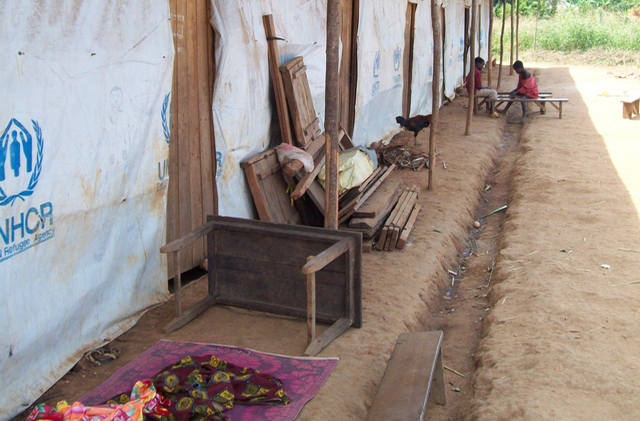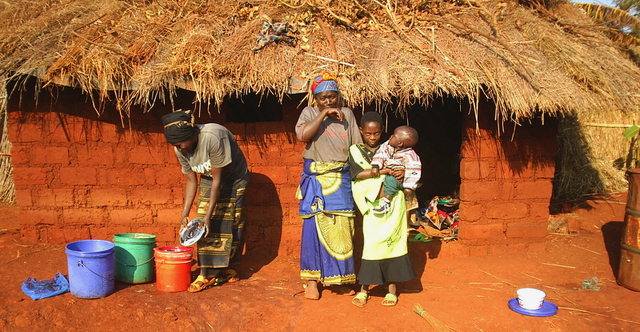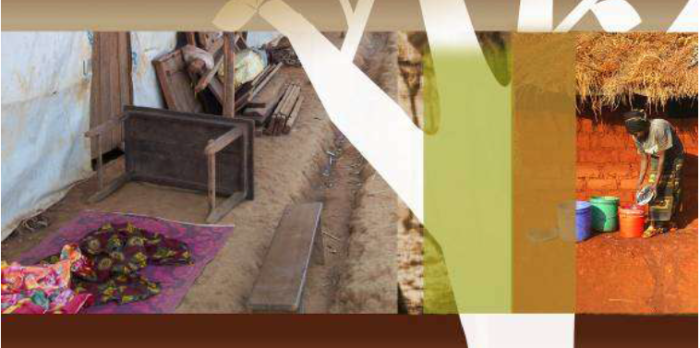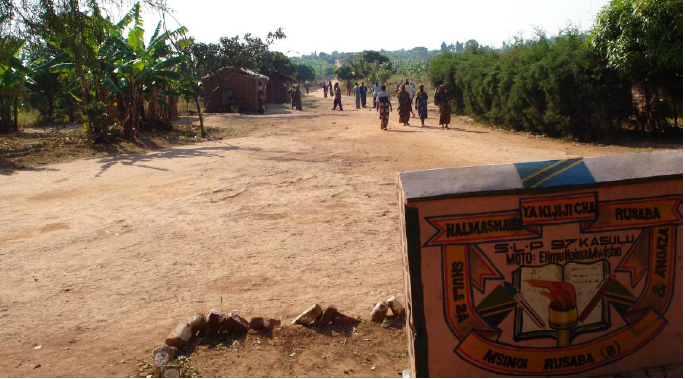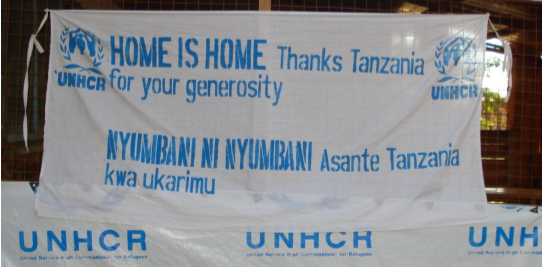Based on interviews conducted in Nakivale settlement in Uganda and discussions of the findings with the government of Uganda and UNHCR, the briefing tells the story of a small number of Burundian refugees and asylum seekers who have fled into a second phase of exile. As former refugees living in Tanzania’s Mtabila refugee camp, they…
Just when we thought that our neighbour, Tanzania, was about to rethink its current policy of expelling other nationals from its soil, another problem came up. The latest news coming out of Tanzania is that some 25,000 Burundians were summarily rounded up and told to go back to Burundi. In addition, apparently 10,000 teachers from…
Jean-Marc is Burundian by nationality. But he has never lived in Burundi. He was born into exile in Rwanda in 1976 where he lived as a refugee until the 1994 genocide when his father was killed and the rest of the family had to flee to Tanzania. Over the course of the next two decades,…
It is rare for countries to offer citizenship to groups of refugees, especially in the Great Lakes region where millions have been displaced. Instead, most governments wait for circumstances to change so that refugees can go back to their home country. In official refugee policy language, therefore, repatriation is typically favoured over local integration as…
Approximately 162,000 former Burundian refugees in Tanzania are living in legal limbo in Tanzania. Having been accepted for naturalisation and having renounced their Burundian nationality, they are now unable to get certificates confirming their new status. The situation facing this group is the subject of a paper launched by the International Refugee Rights Initiative today, “I…
As soon as a conflict is resolved enough to allow for return (whether voluntary or coerced), and the return package has been handed over to those who have signed up for the repatriation programme, the crisis is deemed to be over, funding is re-directed (i.e. reduced) and reintegration falls off the radar. The problem with…
Right now, a group of 30,000 Burundian refugees living in Tanzania’s Mtabila camp have no idea what the future holds for them. Or at least they do have an idea, and it is deeply concerning. They have been told that their status as refugees is at an end and that they must leave Tanzania by…
(10 August 2012) On 21 July 2012, Tanzania’s Daily News reported that Tanzanian President, Jakaya Kikwete, had announced that “all refugee camps sheltering Burundian refugees would be closed down”. There was, the paper quoted him as saying, “no strong reason for the Burundians to stay […] when back home peace had been restored and life…
Today is International Refugee day. It’s a day when officials visit refugee camps and refugees are made to sing and dance and look happy. It’s a day when they are supposed to express their gratitude to those who give them assistance. But refugees don’t want help or handouts. They want justice, they want fairness. They…
Thousands of Burundian refugees in Tanzania are coming under increasing pressure to return ‘home’. The most visible group of refugees, those living in Mtabila camp (one of the last camps remaining open in Tanzania), have been resisting return for more than two years despite significant pressure from the governments of Burundi and Tanzania. Read more
4 October 2011) On 25 May 2011, a Tripartite Commission comprised of the governments of Tanzania and Burundi and the UNHCR met to discuss the future of approximately 38,000 refugees in Mtabila camp in Tanzania. The talks ended with a decision to close the camp on 31 December 2011. The government of Tanzania has announced…
Recent research in Burundi on the repatriation of refugees has highlighted the strong link between land and citizenship. The research (“Two People Can’t Share the Same Pair of Shoes: Citizenship, Land and the Return of Refugees to Burundi“) tracked the experience of refugees returning to southern Burundi and (re)claiming their citizenship. Most had been living…
The International Refugee Rights Initiative, in partnership with Rema Ministries and the Social Science Research Council, released a new paper,”Two People Can’t Share the Same Pair of Shoes: Citizenship, Land and the Return of Refugees to Burundi.” The paper, the second in the series Citizenship and Displacement in the Great Lakes region, tracks the…
This paper outlines serious concerns regarding the protection of refugees in the country: once the camp is closed, approximately 30,000 refugees will be effectively homeless. Pressure to repatriate combined with a clear reticence on the part of refugees to return, calls into question the voluntary nature of the exercise. Meanwhile the outcome of a special…
This paper is the first of a series of working papers that form part of a collaborative project between IRRI, SSRC, the Civil Society and the Various Academic Partners in the Great Lakes region. The project seeks to gain a deeper understanding of the linkages between conflicts over citizenship and belonging in the Great Lakes…
When the meeting between Burundian and Rwandan government officials on Saturday June 11 ended, a decision had been reached. The two sides had decided to rename asylum seekers from both countries as “illegal immigrants” and treat them accordingly. What followed was a quick operation to deport thousands of Rwandan asylum seekers from Burundi. About…
